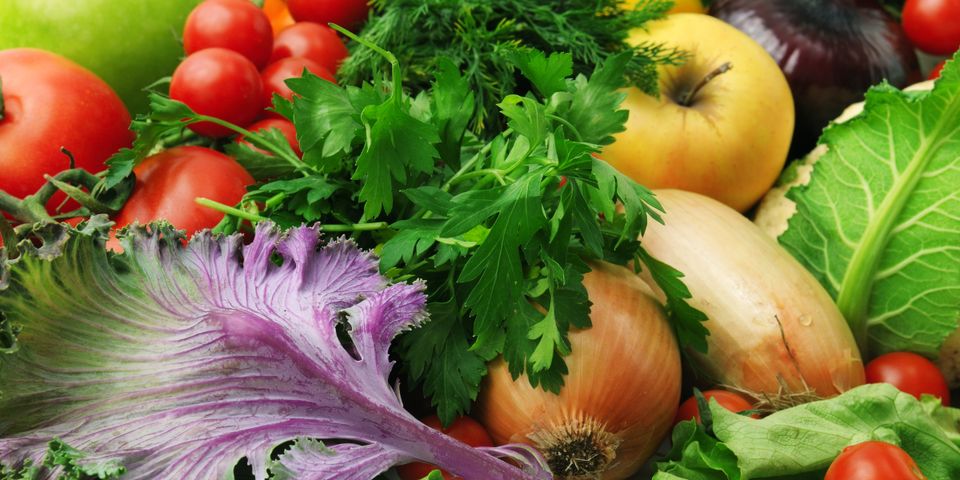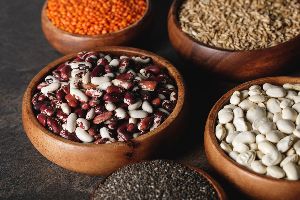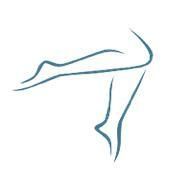Diet Do's & Don'ts for Healthy Veins

Many people experience varicose vein issues as they age, or when veins become damaged, twisted, and excessively filled with blood from severe pressure. These enlarged veins can also occur because of factors such as pregnancy, obesity, and jobs where individuals stand for most of the day. To help you prevent varicose veins or keep current varicosities from worsening, review diet tips that support optimal vein health here.
Do:
Increase your fiber intake.

Soluble fiber does more than promote healthy digestive actions, as it also contributes to normal cholesterol levels. This type of fiber produces a gel-like substance in the intestines that traps cholesterol so it exits the body through waste instead of absorbing into the bloodstream. Fiber also contributes to a healthy gut environment that removes cholesterol efficiently. High-fiber foods include legumes, oats, and flaxseed.
Consume plenty of fresh fruits and vegetables.
A “rainbow diet” high in colorful, fresh vegetables and fruits helps you ingest sufficient fiber. Fruits and veggies also feature anti-inflammatory and antioxidant properties that prevent vein swelling and fortify the connective tissue in vein walls. Many fruits and vegetables are also rich in vitamin E, such as pumpkins, darky leafy greens, and mangos. Vitamin E encourages healthy blood flow to prevent varicose veins and deep-vein thrombosis, or blood clots in deep veins.
Don’t:
Eat refined sugar regularly.
Foods high in white sugar contribute to weight gain that puts pressure on veins, especially the leg veins. Baked goods, cookies, candy, soda, and other processed, sugary foods and drinks also cause bad cholesterol to build up in the veins that make them stiffen and impede normal blood flow. This heightens the risk of clots. Limit your sugar intake and drink more water to flush this substance from your body. Water also helps fiber work efficiently.
Fill up with high-salt foods.
Too much sodium causes fluid retention that increases blood pressure and can damage vein walls, making them more susceptible to bad cholesterol buildup. It also contributes to bloat and weight gain that put pressure on your veins. Sodium is found in many foods, including processed fare, canned soup, potato chips, sauces, salad dressings, and fast food, among others. Reading labels and limiting your restaurant food intake helps sodium levels remain normal.
For professional help with vein health, contact Advanced Varicose Vein Treatments of Manhattan. Serving the Bronx, Queens, Brooklyn, Staten Island, the Burroughs, as well as Manhattan and New Jersey, this specialty center offers the latest in spider and varicose vein treatments. Call (888) 356-VEIN (8346) today to make an appointment or visit the center online for more information. See before and after pictures on Facebook.
About the Business
Have a question? Ask the experts!
Send your question

